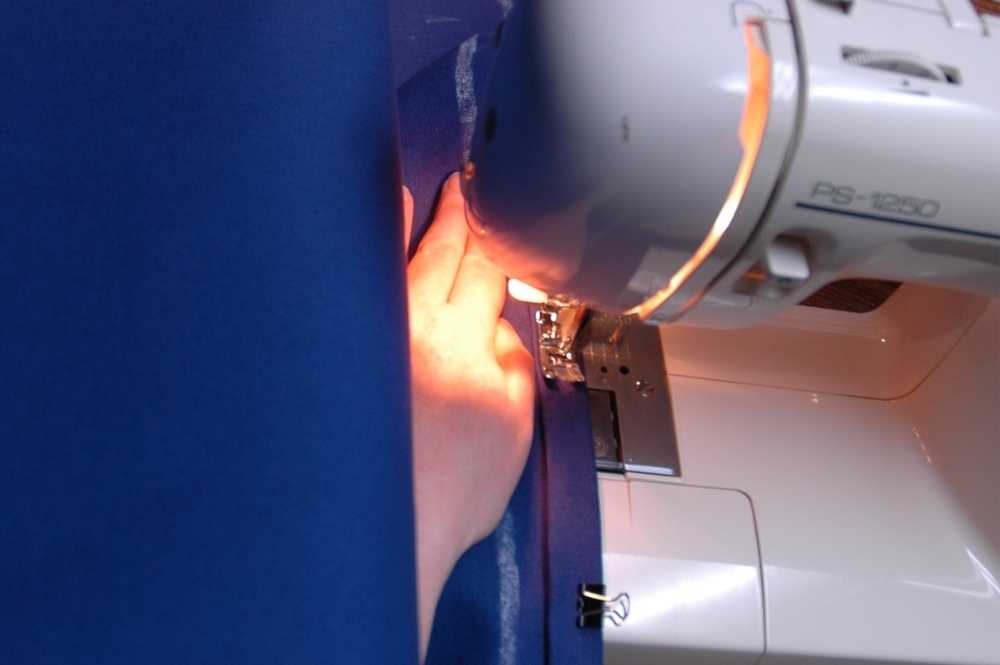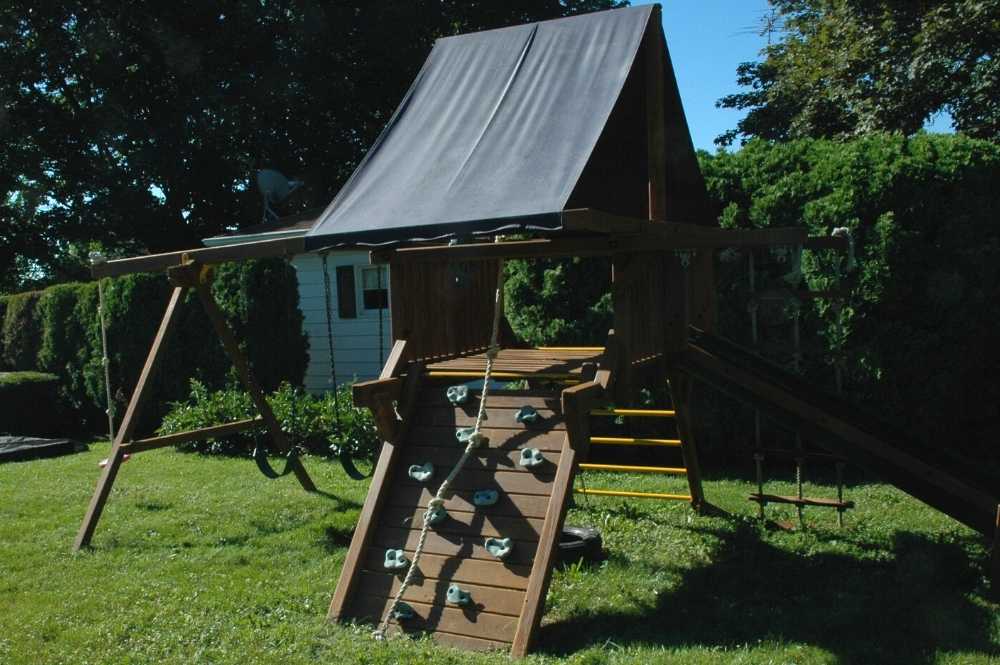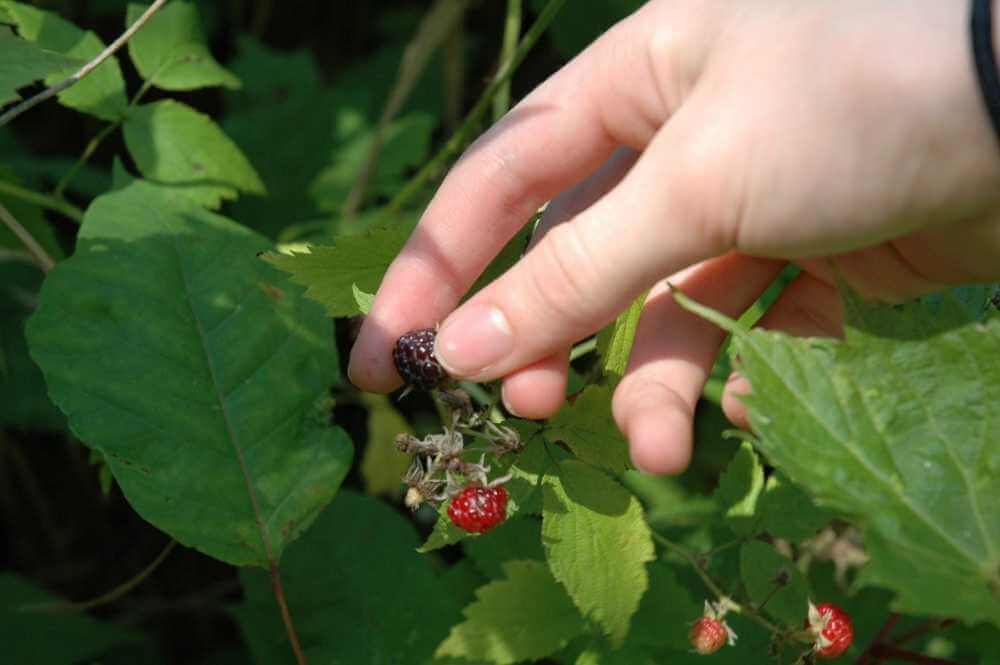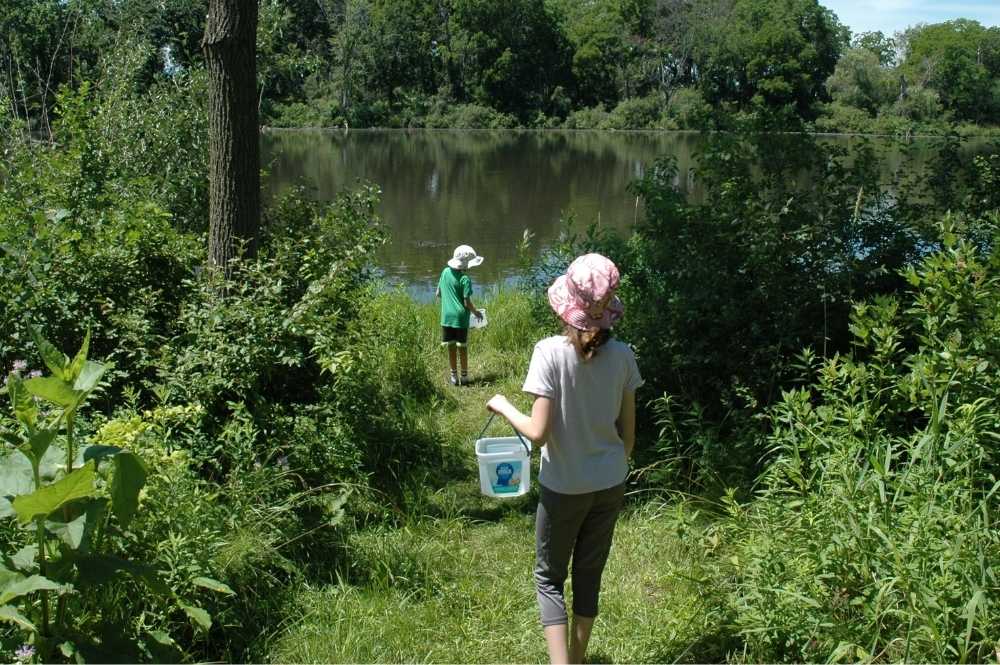This post was last updated on November 3rd, 2024 at 03:43 pm
You can’t separate weekends and leisure. Well, you can but at your own risk. Leisure helps us recharge, though don’t assume leisure must be unproductive. Productive leisure is a real thing. Even as you decompress, you can save money and finds ways to get stuff done.
This is my third post in my “How to fight inflation” series. In previous posts, I examined ways to save money during your morning and evening routines. In this post, I discuss ways to blunt inflation’s effects during the weekend.
01 Identify your ‘productive leisure’ candidates
My approach to the weekends is to make sure a portion of my leisure time accomplishes something tangible. For me, this leisure must also be a physical activity: I’m burning calories, relaxing, and getting stuff done all at the same time. Keep in mind, activities that seem like leisure to me might not to you. You and I don’t need to agree on what specific activity qualifies as leisure. What’s important is that you’re able to find activities that you believe qualify as productive leisure.
One key to turning a weekend project into a leisure activity is to make sure you can do it at a leisurely pace. Last year, I painted our house, which might not scream “leisure,” but it felt leisurely for me. I spent three months on the project, spreading the work over 33 different days. I did a lot of it on the weekend while listening to Milwaukee Brewers and Green Bay Packers games, one of my favorite pastimes. There was no rush, no sense of urgency.
Projects that feel like emergencies, such as trying to fix a broken furnace in the dead of winter, are too stressful to qualify as “leisure.” Productive leisure should feel “optional,” even as it provides clear benefits to you or your family.
02 Use productive leisure to save money
With that said, there’s nothing wrong with embarking on leisure with a goal of saving money. With our current inflation problem, a labor shortage has forced companies to increase wages to attract employees. As a result, companies have had to raise prices, which means you as the consumer must pay more for products and services.
When you can perform the labor instead of relying on somebody else, you can blunt inflation’s effects and save significantly on whatever project you’re doing. Those savings will help fund needed materials for your project, whether a special tool or customized part. However, unlike the labor of others, your labor shouldn’t feel like “work.” It should be productive leisure.
Your productive leisure options are near infinite and completely dependent on personal preference. For instance, my wife and I recently undertook a project to make a new 5-foot-by-15-foot canvas cover for our kids’ playground. To buy a new cover would have cost nearly $450. Thankfully, my wife is a bargain hunter and had found a roll of canvas on clearance several months ago. She wasn’t exactly sure what to do with it, but it became clear after a storm damaged our old playground cover.
Chances are high you don’t have a playground cover in need of replacement. But what do you have? Everyone’s home could benefit from an upgrade of some type. Go ahead and take a moment to think of the possibilities.
An indirect benefit of weekend projects is they often become opportunities to work together as a family. Making a canvas cover for a playground isn’t exactly exciting, but context is everything when it comes to productive leisure. Any project can become leisure under the right circumstances, and my wife and I took pleasure in working together. She deployed her expertise in sewing the cover, while I helped her. I used my skills in installing the cover on the playground itself, while she assisted me—team work!
(UPDATE November 2024) If you decide to do this cover project, make sure you take down the cover before winter. We left ours in place, and it froze and ripped. So that was a bummer to discover the cover flapping in the breeze and torn apart.



03 Develop hobbies with a practical purpose
There’s nothing wrong with spending free time doing things that don’t accomplish anything practical (I personally enjoy building models of the Millennium Falcon), especially if they allow you to spend time outdoors and get exercise. Playing with your kids might not help you “get stuff done” around the house, but you can’t put a price tag on this type of bonding.
However, if you’re thinking about starting up a new hobby, my thought is this: You might as well make something that you can use. There are many kinds of hobbies like this. You can be like Judd Curran and start a couple bee hives. Or, you can start raising chickens. (Just make sure to first check your local and state government regulations before starting this type of project.)
Gardening, of course, can be wonderfully productive and save money, too. You might not recover all of your costs, depending on your plot size and setup. However, you likely will need to buy less produce at the grocery store throughout the summer and into the winter by freezing and canning some of your harvest.
My wife is the crafter of the house, and her hobbies include sewing, weaving, spinning yarn, felting, and knitting. I couldn’t say how much she saves by knitting our family hats or turning her creations into gifts, but her skills certainly come in handy, as I learned during our playground cover project.
Figuring out how to repurpose things in your house that your might otherwise toss out can be another fun hobby.
04 Break the Disney World vacation mentality
Advertising and cultural norms have led a lot of people to believe they must travel far from home to experience a “vacation.” To be clear, I grew up traveling all over the country, and it was great. And I hope to take our kids to those places that I explored with my family when I was a kid. We did Disney World, but we also visited a lot of National Parks and historical places.
One problem with traditional vacations is that they can become exercises in consumerism: Theme parks, restaurants, and various knick-knacks can take center stage during people’s travels.
Just remember, you might not have to travel far to have a meaningful experience. Hunting, fishing, and berry picking are great examples of forms of leisure that can also be productive. Over the last few years, I’ve found different spots to pick wild berries only a few miles from our home: raspberries, blackberries, gooseberries, and mulberries. We also go to farms to pick berries that aren’t easily found in the wild, such as blueberries and strawberries.
I will say this about berry picking: It’s a great way to spend time in nature with kids. It’s a physical activity that also feels like a treasure hunt. And when you’re done, you can bake a pie with your haul. Trust me, there’s no pie as delicious as one made from berries that you picked yourself.
I’ve learned there’s a lot more happening near where we live than I initially realized. The lesson I learned is to feel free to explore the greater world, but don’t ignore your own backyard.


05 Redefine what leisure means
For many people, leisure has taken on an escapist quality that’s designed to get their mind off the “real life.” But escapist leisure, which often takes the form of consuming large quantities of screen time, doesn’t necessarily leave us feeling better. I feel leisure becomes more fulfilling when it embraces “real life” more so than trying to get away from it.
Don’t get me wrong, I’m not saying we must use our free time to become world-renowned experts or artists. Even if you remain an amateur in a particular area of interest, you’ll end up knowing more about that area than the vast majority of your peers. Do not let your perceived “skill” level or desire for perfection get in the way of trying out productive leisure.
Also keep in mind, you don’t have to do anything profound. I found satisfaction in house painting and making a homemade tarp, after all. But it’s the context in which you’re performing your leisure that matters.
Believe it or not, I get a lot of satisfaction from simply cutting our son’s hair on weekends. He watches a TV episode of Pokemon, while I hone my cutting skills. It’s become a ritual of sorts, and sometimes he’ll request a haircut when he clearly doesn’t need one.
Blur the lines between ‘work’ and ‘leisure’
Some people might argue that productive leisure is an oxymoron and not possible. It might not suit certain personalities, but you won’t know whether a certain activity feels more like “leisure” or “work” until you try it. I think you’ll find that the boundary between “leisure” and “work” is malleable. What feels like “work” for one person might not for another.
Finally, do not let others define for you what it means to relax and enjoy yourself. When we strip away cultural norms and consumerism, our leisure options greatly increase. And let’s not forget, you can save money when it’s your “labor” driving the leisure, insulating yourself a little bit from in the effects of inflation.

